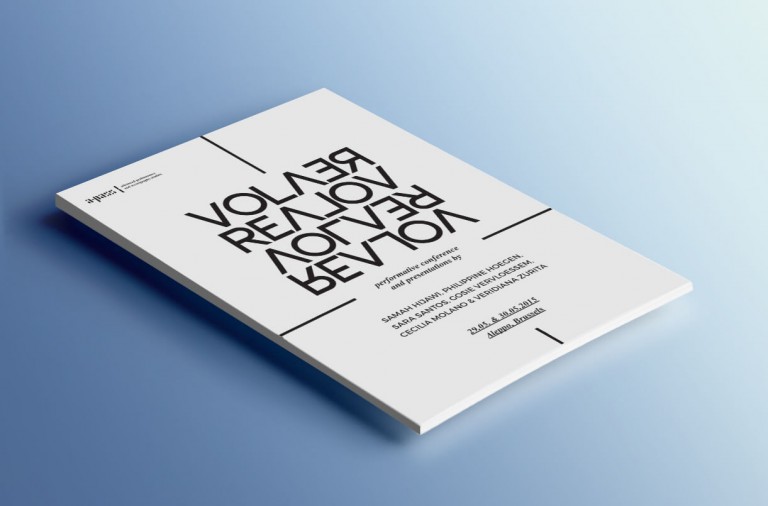lecture, postgraduate program
Patricia Reed mobile orders
30-30 May 2015 / aleppo
‘Order’ in and of itself, is a structural proposition in which sets of functions, behaviours, relations and norms can play out (while making other operations impossible or extremely difficult to carry out). Within the ‘social’, order is largely cultural, meaning productively artificial, subject to infinite mutability. So to demand ‘order’ is not (necessarily) to seek to submit oneself to relations of authoritarian dominance, but to seize upon structural possibilities as a project for construction. ‘Order’, in this way, is mobilised as an affirmative project – a freedom to construct new systems of cohabitation (rather than simply a freedom from something).
Such a project for the constructability of new orders is ultimately, and simultaneously, epistemic, technological, representational as well as ethical – but cannot be spurned on merely through modes of moralization or symbolic personifications. How are we to rigorously confront the question of “order” today in the face of global complexity, a complexity that defies (unaided) human intellection, simplified localisation (we can’t perceive this complexity, but only experience fragments of its residual traces), and vastly asymmetric operations of time (from nanoseconds to the geological)? How can we better grasp these functions, so as to seek strategic points of restructuring (oriented towards the service of the many), without reverting to a ‘naturalist’ position (a fixing or essentializing of the human) that negates the potentially productive forces of abstraction capable of permitting the construction of new horizons for (co-)existence? To begin to unpack these conceptual and practical problems, a “synthetic” approach will be introduced as a certain methodology affording creative world-making (with non-absolute, universalist ambitions); without reverting to top-down blueprint models of utopian schematics. Synthesis, as outlined by the philosopher/mathematician Fernando Zalamea, is characterized by its emphasis on mobility, a diagrammatic mobility proficient in examining the back and forth movements between ‘polar opposites’ (local/global; one/many; ideal/real); it does not deny these distinctions but is invested in the transits between, offering a useful cognitive scaffold that can potentially aid in navigating and re-orienting our current reality.
Biography:
Patricia Reed is an artist and writer. Exhibitions have included those at the Witte de With (NL); Haus der Kulturen der Welt (DE); Württembergische Kunstverein (DE); Audain Gallery (CA); and 0047 (NO), amongst others. As a writer she has contributed to several books and periodicals including: Dea Ex Machina; Mould Magazine; #ACCELERATE – The Accelerationist Reader; The Psychopathologies of Cognitive Capitalism Vol. II; Who Told You So?!; Intangible Economies; Cognitive Architecture; and Fillip. Lectures have included those at Gertrude Contemporary (AU); The Institute of Modern Art (AU); The Future Summit (CA); Tate Britain (UK, Speculative Tate); University of Westminster (UK); Artists Space (US); MIT (US); abc Berlin (DE); Archive Kabinett (DE); and The Winter School Middle East (KW). She sits on the board (and teaches) at the New Centre for Research & Practice, and is part of the Laboria Cuboniks working group.


